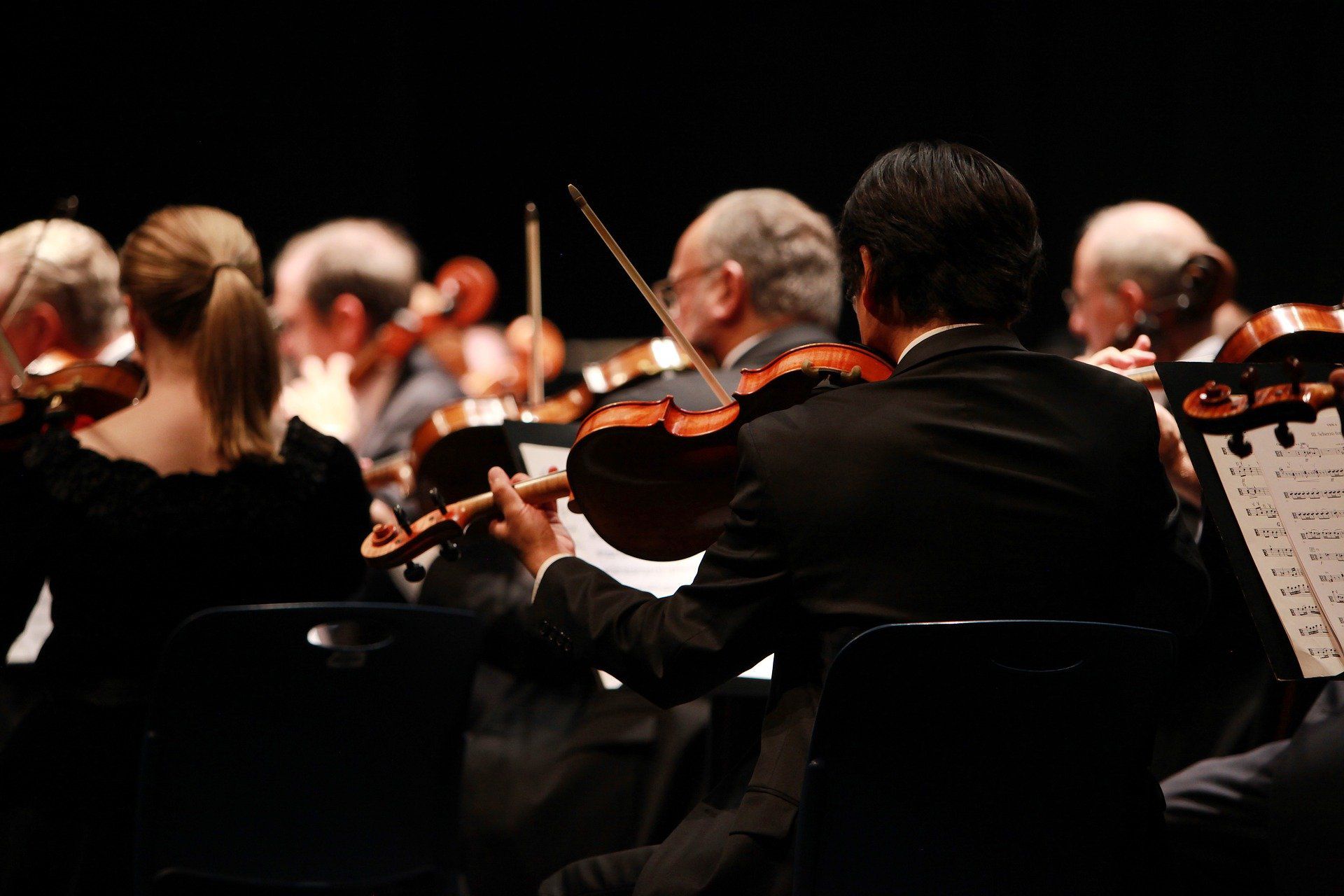Listen the podcast
The knowledge about the functioning of the brain, increased considerably during the XX Century. Today, it is a fact that everything assumed as “mind” is the result of the brain’s function. Thanks to the father of modern neuroscience, the Spanish scientist Santiago Ramón y Cajal, neurons, the singular biological unit, are known today as the fundamental basis of mental activity.
Every neuron is a metabolic universe. When they connect with one another, they give rise to the conscious and unconscious behaviors.

Every thought, every memory, every behavior, decision or emotion, arises because of the activity of brain circuitry, that is, neurons communicate with one another within related brain zones, that have specific functions, and with different regions that control several processes. In this sense, the brain is a perfect example of collaboration and complementarity.
The brain activity can not only lead to a extraordinary balance, but also to an extraordinary chaos. When it functions in a balanced way, it can be a tool that makes possible the most creative and extraordinary thoughts. Say, for instance, the Beethoven’s Symphony no. 5, or the sunflowers by Van Gogh, Picasso’s Guernica, One Hundred Years of Solitude, and the frescoes at the Sistine Chapel.
However, the brain can be also a tool for an extraordinary evil. Concentration camps, forced labor, genocide, terrorism are the result of the human mind, and, therefore, of the brain functioning.
That's why, the brain is the most extraordinary tool of evolution. It is both creator and sculpture creation, and a source of good and evil. In the case of some diseases, the brain also shows extraordinary behaviors. A person can see a hat instead of a head, sense that the right leg doesn’t belong to him and wishes to cut it off; or experience pains in an amputated arm.

In other cases, one can experience flavors while watching colors, or cold when drawing one’s finger near the fire. The knowledge that scientists have accumulated about the brain disorders, is extraordinary, up to the point of recognizing that, the so called mental illness, such as Schizophrenia, Bipolar disorder, or depression, are also brain diseases.
"That's why, the brain is the most extraordinary tool of evolution. It is both creator and sculpture creation, and a source of good and evil"
However, people know very little about how to keep the brain fit. Recent studies show that the general public are unaware of cognitive and brain health. Fitness has only been associated with the body, not the brain. Diseases, as dementia, are not usually taken seriously.
Life without cognitive and brain health can be a total chaos. A person’s lack of cognitive health can be the cause of quitting the daily activities, such as looking after himself, making himself clean and tidy, or looking after his loved ones, or being unable to earn a living or even taking his pill on time.
On the other hand, achieving cognitive and brain fitness can make a difference in a person’s life. Can a person’s most valuable tool be kept safe? The answer to this question is definitely yes.
So, then, how is the brain kept safe and the way that it functions? Is it possible to improve the cognitive health? How can the daily behavior influence the brain’s health?
To answer these and other questions is the prime goal of this series. How depression influences the brain’s health, optimism, sleep quality, eating habits, taking physical exercises and meditation will be coming next.
Please, leave your comments and suggestions.